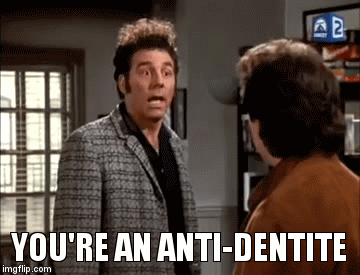
Poor oral health lessens survival from head and neck cancer (HNC).
This is according to a pooled analysis of 2,449 HNC patients from 4 studies of the International Head and Neck Cancer Epidemiology Consortium published in the Journal of the National Cancer Institute. The manuscript cites tooth loss, periodontal disease, denture use, infrequent tooth brushing, and even lack of dental visits as measures of poor oral health. The mechanisms that link poor oral health to HNC likely involve trauma and inflammation. Other known risk factors for HNC are smoking and tobacco exposure, alcohol, and human papillomavirus (HPV).
Head and neck squamous cell carcinoma has reached epidemic proportions. It is the sixth most common malignancy worldwide with over 900,000 newly diagnosed patient cases per year. The main driver of the HNC epidemic is HPV infections especially among men that have not received the Gardasil 9 vaccine. This vaccine protects against 9 HPV types (6, 11, 16, 18, 31, 33, 45, 52, and 58).
The EpicentRx small molecule, nibrozetone (RRx-001), has received FDA Fast Track designation for the reduction/prevention of severe oral mucositis, a feared complication during the treatment of HNC with chemotherapy and radiation. A Phase 2b clinical trial called KEVLARx that is set to start imminently will compare the combination of nibrozetone (RRx-001) plus chemotherapy and radiation to chemotherapy and radiation alone in HNC patients.
As the sponsor of this trial, EpicentRx supports measures that prevent HNC including alcohol and tobacco cessation, vaccination with Gardasil 9, and good oral hygiene, which includes regular visits to the dentist.
Bottom line, to quote Kramer from Seinfeld, don’t be an anti-dentite, rabid or otherwise.
